We all know what happens to wild rivers and wild landscapes when those places lack defenders. Inevitably, the wheel of so-called progress turns, and irreplaceable and invaluable wilderness is left used up, despoiled, and often irrevocably damaged. For more than the last century, we've watched this wheel turn in realtime. We've seen beaches coated in crude oil; watched acid mine drainage seep into our creeks and streams; witnessed seemingly inexhaustible populations of salmon on both coasts wiped out by insatiable harvest and habitat destruction; seen the tops of mountains torn clean off in order to wrench coal from their hearts, their remnants, as Todd Tanner writes, discarded like "broken bones down into the hollows of Appalachia, as if our landscapes are mere detritus to be sorted through and discarded."
But we've also seen what happens when wild places and wild creatures have advocates. Or, better put, activists. Activists dedicated to defending wild landscapes, wild waters and their inhabitants from the myriad threats they face, dedicated to wrenching repeated victories from the jaws of defeat. We've watched activists beat back the Pebble Mine over and over again, despite the relentless and corrupt opposition that seeks to imperil Bristol Bay's. We've watched the Elwha's steelhead rise from the ashes, the result of decades of determined and dogged advocacy. Most recently, we've seen an alliance of indigenous activists, conservation groups and others claim victory in the battle to remove the lower Klamath River dams—perhaps the last hope for the river's beleaguered Chinook salmon.
For wild fish, those victories mean continued survival. And, while not all activism results in either easy or hard-won victories, without it wild fish populations will no doubt continue to be ground up and weathered away by the engine of human consumption. Put simply, wild fish need wild fish activists.
To that end, apparel giant Patagonia has launched a new initiative aimed at inspiring—or as Patagonia puts it, instigating—activism of all shapes and sizes, "from simply crushing barbs and keeping fish wet to taking a leadership role in an advocacy group. It all counts, and it's all valuable," the company says.
"To survive, our irreplaceable wild fish need clean, undammed rivers undiluted by inferior hatchery stocks, accessible spawning grounds, protected ocean habitat and sustainable fishing practices. To thrive, wild fish need wild fish activists—a lot of them—to protect, advocate and defend them ... Tomorrow’s fish depend upon what we do today ... That's it. It's that simple," Patagonia said in a recent release.
“Activism and fly fishing go hand in hand,” said Matt Millette, Patagonia Fly Fish’s head of marketing and community development. “It’s as much a part of our sport and culture as fly tying, exploring new water or sharing stories. As anglers, we’re all activists. It means we do the little things like keeping fish wet or picking up streamside trash, and it means we stretch higher, too. We vote, we contribute, we show up. It’s our obligation to do all we can for our sport, our fish and our fellow anglers.”
To introduce its new initiative, Patagonia compiled the short video below, meant to share the joy of wild fish activism and inspire anglers to action. If you're ready to be a wild fish activist, but aren't sure how to get started, you can visit Patagonia's Wild Fish Action Works page to find an organization near you that's fighting for wild fish and wild waters.




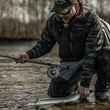
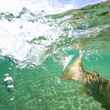
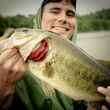
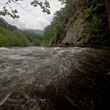
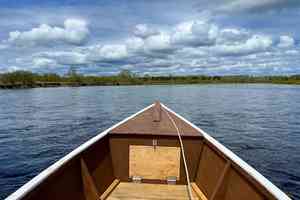


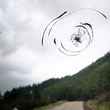
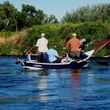
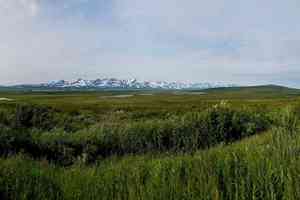

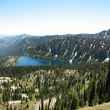
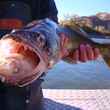





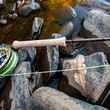



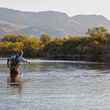

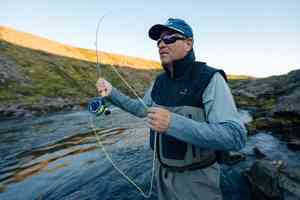


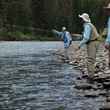

Comments